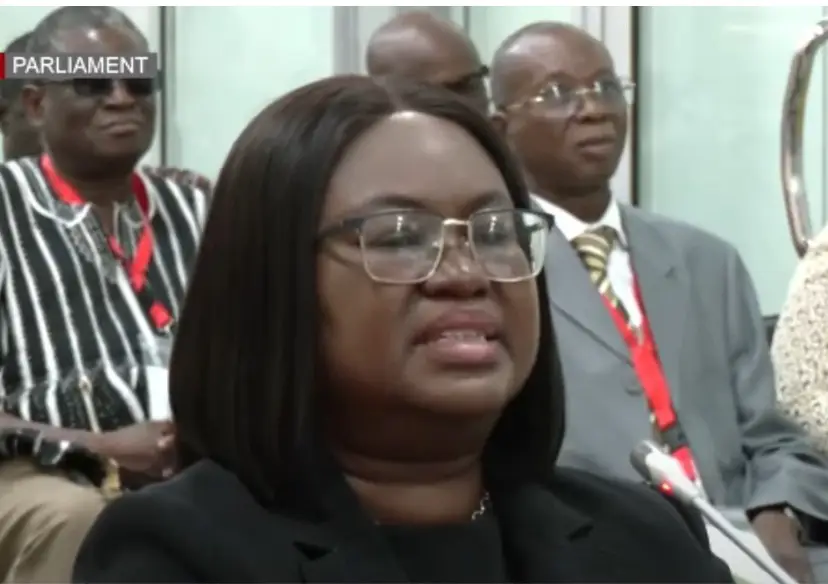Supreme Court nominee, Justice Hafisata Amaleboba, has dismissed the argument that students in Catholic schools are being compelled to practice a faith contrary to their beliefs, stating clearly that such participation is voluntary and not a violation of constitutional rights.
Appearing before Parliament’s Appointments Committee on Wednesday, June 18, 2025, Justice Amaleboba responded to concerns that faith-based educational institutions, particularly Catholic schools, may be infringing on students’ religious freedoms under Article 21(1)(c) of the Constitution — which guarantees the right to freely practice and manifest one’s religion.
However, she rejected that assertion, explaining that students knowingly accept the rules and religious culture of these schools prior to enrolment.
“So for me if you are in a Catholic school, having chosen a Catholic school, knowing it is a Catholic school and the code of conduct requires that you do certain things and you were informed prior to it and you still chose to attend, then to me that is not compulsion,” she said.
Justice Amaleboba emphasized that enrolment into such schools is a personal and informed choice, and not one imposed upon students without consent.
“Because you were made aware and were informed that if you come to this school, this would be our code of conduct, then you chose to go to the school so it is not a compulsion but a voluntary act,” she explained.
She stressed that rights, including religious freedoms, are not absolute and can be reasonably limited in certain contexts, especially where public interest and institutional codes of conduct are involved.
“Rights are not absolute. Every right has its limitations, including being limited by the rights of others and the public interest,” she noted.
Justice Amaleboba acknowledged that students of different religious backgrounds often attend institutions aligned with other faiths. While some may view participation in religious activities as a violation of their beliefs, she maintained that these actions are rooted in prior agreement, not coercion.
Still, she suggested that schools could consider accommodations that allow students to practice their own faiths alongside the institutional culture.
“The school is not compelling you or insisting you to do anything that you have not voluntarily agreed to do already by attending the school because you are told beforehand that this is what you would do if you attend the school,” she reiterated.
She concluded by encouraging anyone who believes their rights are being violated to seek legal redress through appropriate judicial channels.
“But if you are of the view that it is a compulsion, I believe there is a forum for that so the matter can be taken up for a decision to guide us,” she added.


